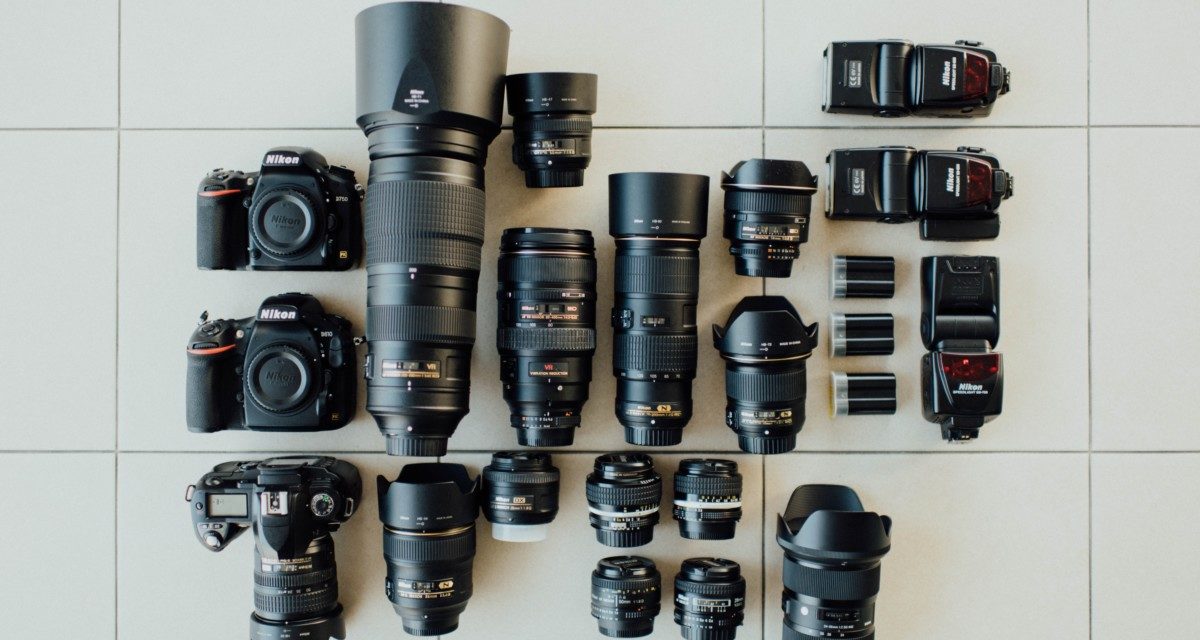[ad_1]
Understanding Exposure has been written with the digital single-lens reflex (DSLR) camera novice in mind who will benefit from Bryan Petersen's easy style of prose, the simple non-technical explanations, and the wealth of associated photographs to illustrate the point. Intermediate or more experienced photographers will be able to hone their skills reading about special techniques for more difficult lighting conditions such as capturing snow or low level lighting or night scenes, and the use of polarizing and neutral density filters, multiple exposures and High Dynamic Range (HDR) shots. However, please note that the book is not particularly useful for point and shoot cameras.
In his introduction, Bryan Petersen makes note of the fact that the modern DSLR camera has so many controls and modes that even an experienced photographer can become confused. You could use the camera's auto settings and take perfectly good photographs but you will never be able to explain how you achieved that particular result. He suggests the only way to fully understand exposure on a modern DSLR camera is to use the Manual Mode and to take control of the settings yourself, or to “fly solo”.
While he defines exposure traditionally and technically, I achieved a far greater understanding from his “Photographic Triangle” explanation of the basic concept of the interaction of aperture, shutter speed and ISO. This for me is the highlight of the book and cuts through most of the confusing technical jargon so often associated with books about photography. Additionally, His “Heart of the Triangle: The Light Meter” example of obtaining water through a kitchen faucet as it explains the relationship between aperture, shutter speed and ISO, illustrates very simply the concept of exposure.
Not only does he provide simple explanations of terms and concepts, there are also exercises at the end of each chapter for you to help complete your understanding.
There have been three editions of this book written by Bryan Petersen: 1990, 2004 and more recently, 2010. While there have been marked advances in camera technology during the twenty years between editions, it is fair to say that the overwhelming message about the “Photographic Triangle” remains true. It is by far the simplest explanation of exposure that you will ever read and the easiest to understand. Once you embrace the concepts of the Manual Mode on your DSLR and apply Bryan's explanation of exposure in any situation, the “light bulb” moment will happen for you and remain forever more. I do recommend though that you revisit the book from time to time because each time I heave reread his book, I have gleaned yet another kernel of knowledge from it. I consider it to be one of the best books written about this subject and I recommend to anyone seeking to understand exposure and to produce perfect photos every time.
[ad_2]
Source by Geordie Parkin

